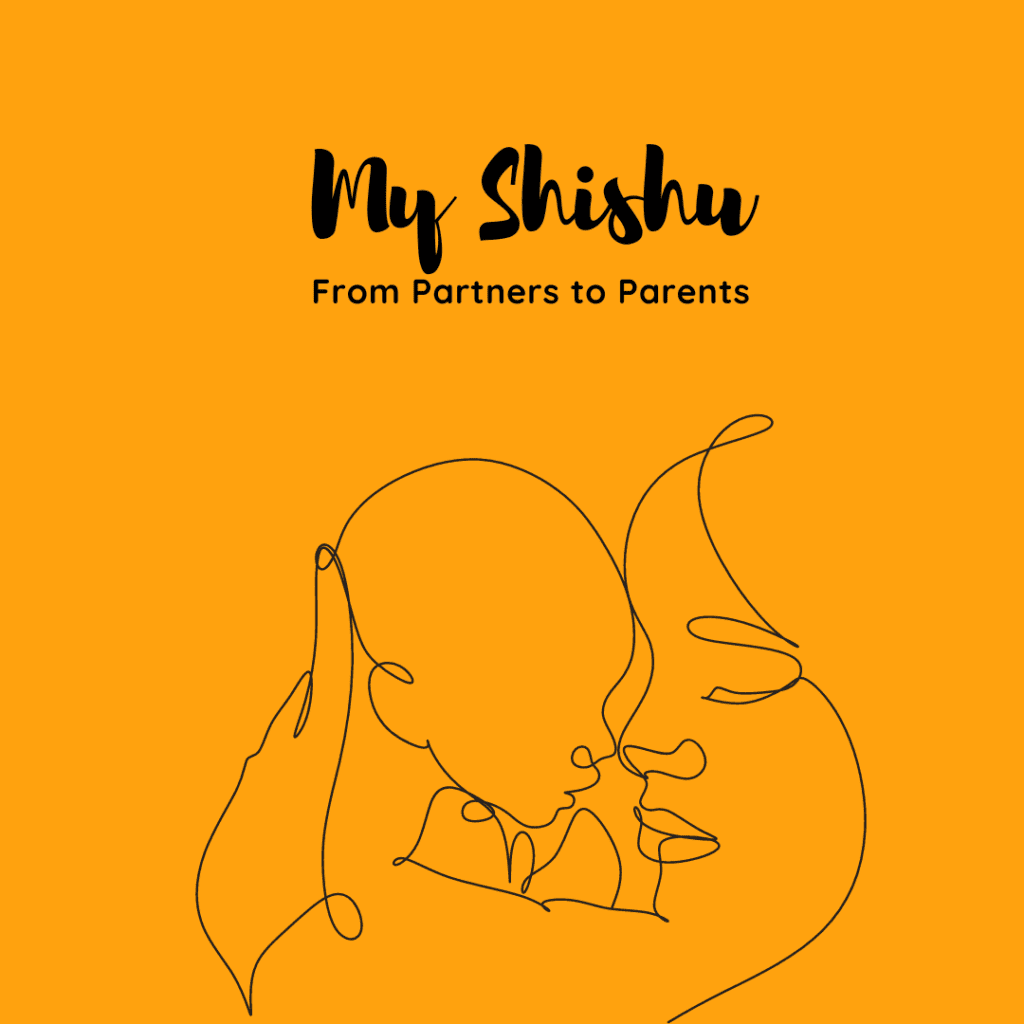When baby talking start
When baby talking start
The symphony of your baby’s first words is a momentous melody in the parenting journey, sparking joy and curiosity. As your little one embarks on the path of language development, MyShishu is here to unravel the intricacies of when and how babies start talking. In this blog, “When baby talking start” we will see from early communication cues to the excitement of common first words, let’s delve into the fascinating world of toddler speech.
Table of Contents
- Early Communication Symphony: When baby talking start
- Anticipation of First Words: When baby talking start
- Journey into Sentence Construction: When baby talking start
- Guiding Baby’s Language Odyssey: When baby talking start
- Navigating Concerns: When baby talking start
Early Communication Symphony: When baby talking start
Long before the first spoken word, your baby communicates through a repertoire of sounds, expressions, and gestures. Understanding these early cues lays the foundation for the beautiful dialogue that will unfold. Here’s a glimpse of the pre-verbal communication milestones:

- Newborn to Two Months:
- Crying serves as the primary mode of communication.
- Your attentive responses foster a unique connection, teaching your baby the art of communication.
- Two to Four Months:
- Turning the head towards your voice and making cooing sounds emerge.
- The beginning of interactive exchanges with babbling and turn-taking.
- Four to Six Months:
- Babbling evolves, with your baby mimicking sounds and responding to your speech.
- Increased back-and-forth interaction, marked by refined babbling and specific responses to questions.
- Six to Nine Months:
- Enhanced responsiveness to questions, distinct sounds like “mamama” and “bababa” emerge.
- Non-verbal cues, such as raising arms to express the desire to be picked up, become prominent.
Anticipation of First Words: When baby talking start
Around the age of one, the eagerly awaited moment arrives when your baby utters their first word. This milestone varies among babies, with some expressing themselves earlier or later. Keep an eye out for receptive language skills, where your baby understands words before articulating them. Common first words often involve the sounds “b,” “d,” and “m,” making “mama” and “dada” popular choices.
“I think, at a child’s birth, if a mother could ask a fairy godmother to endow it with the most useful gift, that gift would be curiosity.”
—Eleanor Roosevelt
Journey into Sentence Construction: When baby talking start
As your baby transitions from single words, a language explosion occurs between 18 months and two years. The vocabulary expands, with about one new word learned each week. Around the age of two, toddlers progress from individual words to crafting simple sentences. The AAP suggests that by this age, they can point to pictures, name common objects, and articulate phrases like “all done” or “play ball.”
Guiding Baby’s Language Odyssey: When baby talking start
Supporting your baby’s speech and language development is an integral part of parenting. Everyday activities become valuable learning opportunities:

- Talk and Engage:
- Constantly communicate with your baby during daily routines.
- Narrate activities, name objects, and describe surroundings to enrich their vocabulary.
- Reading and Singing:
- Reading books and singing songs foster language development.
- Introduce words for colors, shapes, and numbers, turning these moments into interactive learning experiences.
- Encourage Conversations:
- Initiate conversations with your baby, responding to their sounds and expressions.
- Create a dialogue, reinforcing the joy of communication.
Navigating Concerns: When baby talking start
While each baby follows a unique timeline, some may experience speech delays. It’s crucial to differentiate between normal variations and potential issues. About one in five children may talk later than their peers, and many delays resolve naturally. However, persistent concerns warrant discussion with a pediatrician. Early intervention, if needed, can significantly impact a child’s abilities.
Quiz Time: “Language Milestones”
- What is the primary mode of communication for newborns?
a) Babbling
b) Cooing
c) Crying - When do most babies say their first word?
a) 6-9 months
b) 12-18 months
c) 18-24 months - What is the recommended approach to support speech development?
a) Minimize verbal interactions
b) Encourage conversations and reading
c) Limit exposure to different sounds
Answers:
- c) Crying
- b) 12-18 months
- b) Encourage conversations and reading
Celebrate each step of your child’s journey and remember that parenting is an ever-evolving adventure. Stay tuned for more insightful blogs from MyShishu!
Explore our range of courses on new-age parenting at New-Age Parenting | Modern Parenting Styles | MYSHISHU.
For additional parenting insights and valuable information, check out our blog “Cry, Feeding and Weaning of Newborn Baby” at Cry, Feeding and Weaning of Newborn Baby – My Shishu.
Hope you’ve enjoyed the blog “When baby talking start”. Happy Parenting!











